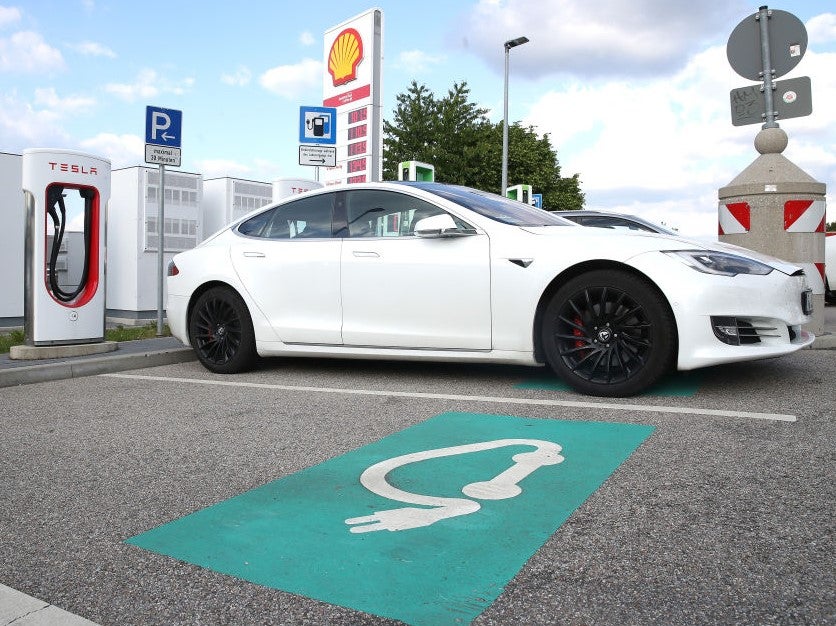Battery breakthrough enables ‘holy grail’ of superfast-charging electric cars
Recharging a car could be almost as quick as refuelling

Your support helps us to tell the story
From reproductive rights to climate change to Big Tech, The Independent is on the ground when the story is developing. Whether it's investigating the financials of Elon Musk's pro-Trump PAC or producing our latest documentary, 'The A Word', which shines a light on the American women fighting for reproductive rights, we know how important it is to parse out the facts from the messaging.
At such a critical moment in US history, we need reporters on the ground. Your donation allows us to keep sending journalists to speak to both sides of the story.
The Independent is trusted by Americans across the entire political spectrum. And unlike many other quality news outlets, we choose not to lock Americans out of our reporting and analysis with paywalls. We believe quality journalism should be available to everyone, paid for by those who can afford it.
Your support makes all the difference.Engineers say they are close to achieving the “holy grail” of batteries after a major breakthrough brought forward the possibility of charging electric vehicles in mere minutes.
The advance could provide electric cars with 500km of range from just 10 minutes of charging, researchers from the University of Science and Technology of China (USTC) said.
“The combination of high energy, high [charging] rate, and long cycle life is the holy grail of battery research, which is determined by one of the key components of the battery: the electrode materials,” said USTC professor Hengxing Ji.
“We aim to search for an electrode material that can make a dent in performance metrics from laboratory research and can hold the promise to stand with the industrial production techniques and requirements.”
The key to achieving such stable efficiency was black phosphorus and graphite, which when combined can radically speed up the transfer of energy in lithium-ion batteries.
“The material restored 80 per cent of its full capacity in less than 10 minutes and shows a 2000-cycle operation life at room temperature, which was measured at conditions compatible with the industrial fabrication processes,” said professor Sen Xin from the Institute of Chemistry Chinese Academy of Sciences, who was the joint first author of the study.
If scalable production can be achieved, Professor Xin said a lithium-ion battery with energy density of more than 35-watts-hour per kilogram would be possible.
The best commercial batteries in top-of-the-range electric cars like Teslas have a range of around 500km but take anywhere between an hour and a day to charge depending on the charging system used.
Last month Tesla CEO Elon Musk unveiled a new spiral design for vehicle batteries that he said would allow the car maker to manufacture car batteries 56 per cent cheaper than the current process.
“We’re confident that around three years from now we’ll be able to offer a very compelling $25,000 vehicle, which is fully autonomous,” he said.
A paper detailing the latest research was published in the scientific journal Science on Thursday.

Join our commenting forum
Join thought-provoking conversations, follow other Independent readers and see their replies
Comments